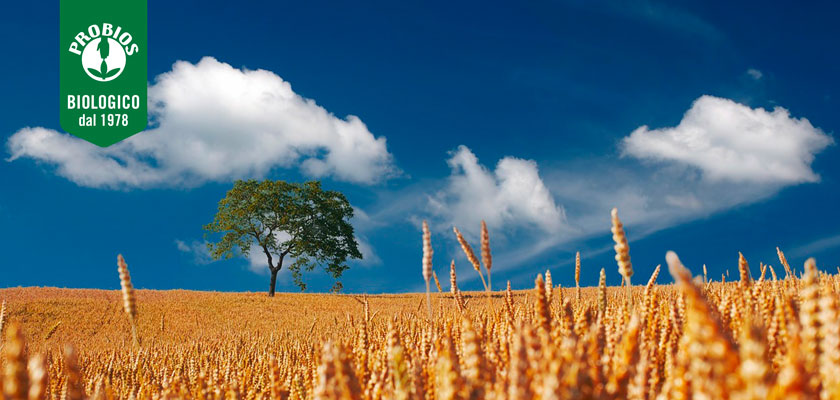
According to a recent Nature Sustainability study, over half of global food production is unsustainable, making it extremely harmful to the planet. Just think that, in the world, there are over 7.7 billion people, but that we only produce sustainable food for 3.4 billion of them. This profoundly affects our ecosystem. Fortunately, however, some solutions have been identified which, if applied correctly and widely, could guarantee the necessary livelihood for over 10 billion people.
Sustainable nutrition: few, but important, changes
Indeed, scholars argue that, with few but decisive changes, it would be possible to obtain good results to improve the unsustainability of the current rhythms of food resources exploitation. Among the main solutions emerges the reorganization of the food supply chain: by rationally reorganizing agricultural techniques, sustainable nutrition could be guaranteed for at least 7.8 billion people, that is, a greater number of the population currently living.
How? First of all, by decreasing the land dedicated to breeding and intensive cultivation: "renaturalize" and "reforest" the keywords.
"Renaturalization" of farms in areas where more than 5% of the species are at risk of extinction; reforestation of cultivated land where more than 85% of the tropical forest has been deforested. It would be ideal to transfer part of the agricultural and livestock activities from areas subject to high "environmental stress" - above all, Central Europe and eastern China - to others where environmental limits still have a large margin of sustainable exploitation, such as the north-west of the United States and especially Sub-Saharan Africa.
In addition, by reducing the use of chemical fertilizers and harmful substances (primarily nitrogen), which harm the environment and humans and compromise biodiversity. Finally, by optimizing the irrigation methods to reduce the waste of water as much as possible.
When companies are on the side of the planet
As you can guess, production and distribution companies play a key role on the chessboard of environmental sustainability. It is thanks to virtuous companies that we can obtain substantial changes in the production and sale of environmentally friendly food, which comes from the earth to the table following good sustainability practices and aimed at supporting everyone. In fact, by educating and improving the relationship between producers and consumers, a beneficial process of trust and collaboration can be established, which can lead to concrete changes.
Of course, a large-scale modification of nutrition will be inevitable: in particular, ever-increasing amounts of animal-based proteins will be replaced by legumes and other vegetable foods. Change is in our hands: starting from what we eat.





